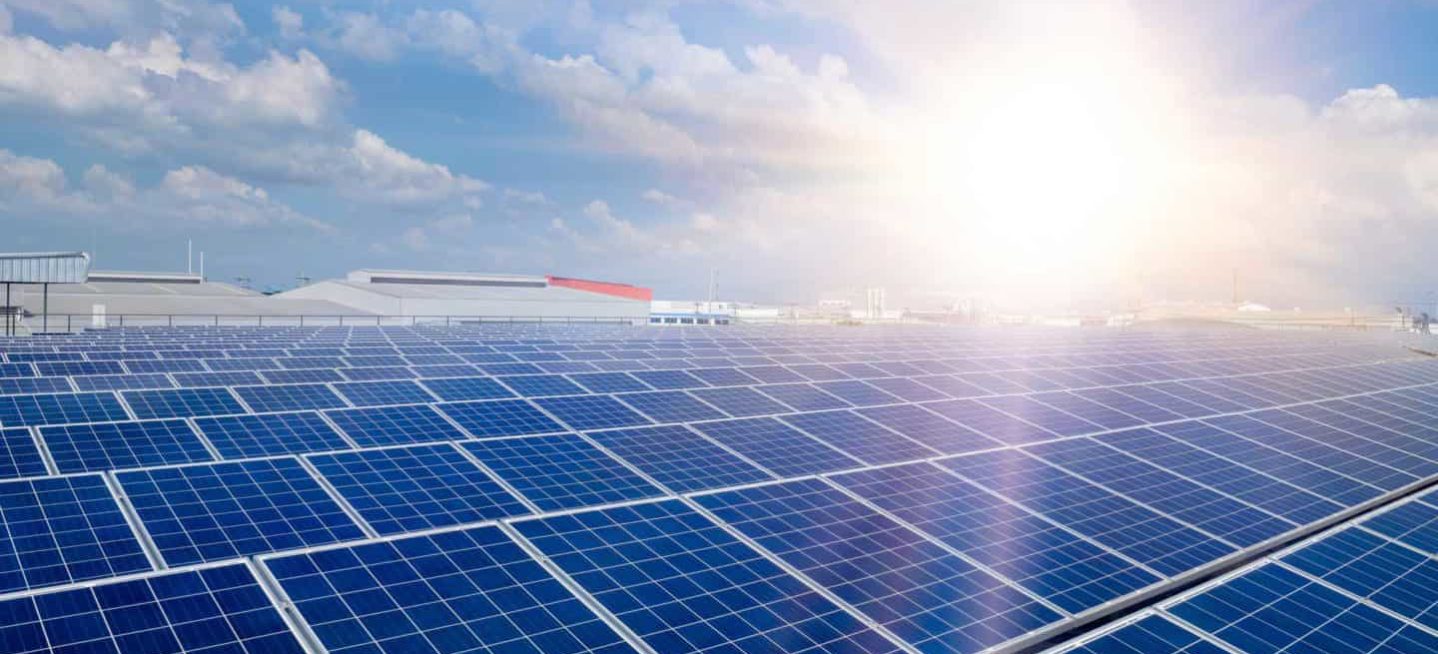No one can deny that solar panels are an investment. Although you spend more money upfront than you would with other energy sources, the benefits outweigh those costs by far. Still, you may be wondering how seasonality affects your solar savings, and that’s what we’ll discuss in this article.
After you invest in solar panels, the last thing you want is more unexpected expenses. However, the extra cost you can expect will depend on your location, meaning that it will be more apparent to those who live in harsher climates. Still, even if you live in an area with harsh winters, the efficiency of solar panels during the summer will outweigh the additional expenses you may get when days are colder. Let’s take a look at how exactly location, temperature, and weather influence solar panel efficiency.
How Seasonality Affects Your Solar Savings
The common misconception that solar panels only work in sunny weather may discourage many from investing in solar power. Although weather does influence the efficiency of solar panels, there are ways to lessen the effects it has.
Firstly, you should place solar panels in direct sunlight. The roof of your house is always a safe bet. However, make sure the area you put your panels in isn’t in the shade of surrounding buildings or trees.
Secondly, if you live in an area where the weather changes drastically from season to season, that’s an extra thing to take into account. When deciding on the placement of your solar panels, choose the area that gets the most amount of light in the winter. The panels will surely get enough sunlight during the summer, so you should optimize them for winter.
Additionally, three more factors impact solar energy production — weather, temperature, and location. Here’s how each of them influences your solar savings:
How Location Affects Solar Savings
The position of the sun changes throughout the year. The sun is slightly lower, and its light is more diffused in the winter. On the other hand, in the summer, the sun is higher up, and it burns brighter. However, the sun’s position won’t impact your solar savings too much. Still, if you want to optimize the amount of sunlight your solar panels get during the year, make sure you place your panels in direct sunlight.
How Weather Affects Solar Savings
Cloudy weather, common during fall and winter, can lessen the amount of sunlight solar panels receive. To put it simply, clouds and heavy rain block sun rays. Thus, sunlight can’t reach the solar panels.
Additionally, strong winds can cause debris and dust to fall onto the panels. When the panels are covered in dust, they can’t receive solar energy. If you want to make sure your panels are working as efficiently as possible, you should clean them frequently. Furthermore, you should pay more attention to cleaning your panels during spring and summer, as high winds are most common during that time.
How Temperature Affects Solar Savings
Temperature also influences the amount of energy your solar panels can produce, but not in the way you would expect. High temperatures typical for summer months can put additional stress on solar panels. Thus, they will produce less energy than they usually do. However, you won’t notice this loss unless you live in an area where temperatures are constantly high during the summer. Even then, the maximum efficiency loss due to high temperatures is around 15%.
In Conclusion
By now you’ve hopefully learned how seasonality affects your solar savings. Although solar panels’ efficiency can be affected by the elements, that doesn’t mean you’ll be at a loss. By having solar panels in the first place, you’re saving over $1000 a year on your electricity bill. So, you can rest peacefully knowing that, even if solar panels don’t perform optimally from time to time, you are still saving money.
What Else to Know About Going Solar
Is My Home Good For Solar?
Wishing for a Smarter Solar Home?
Commercial Solar Panels





